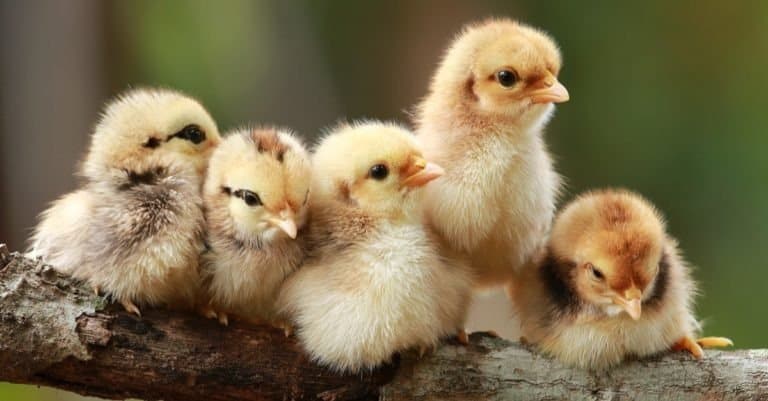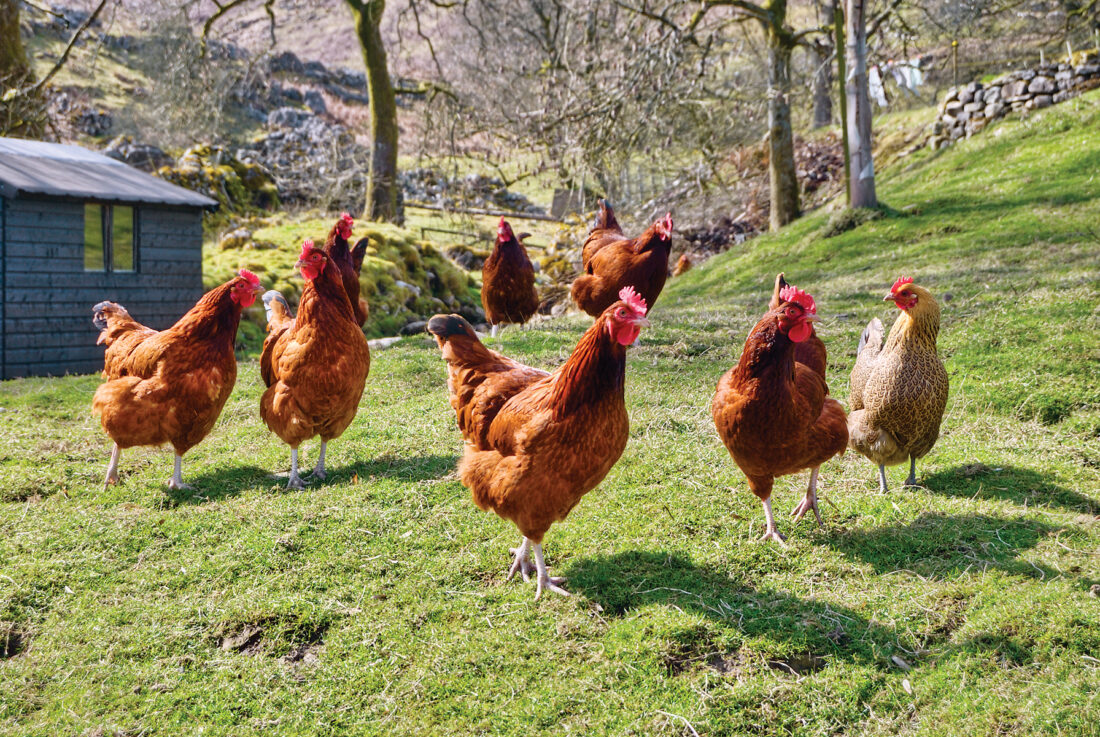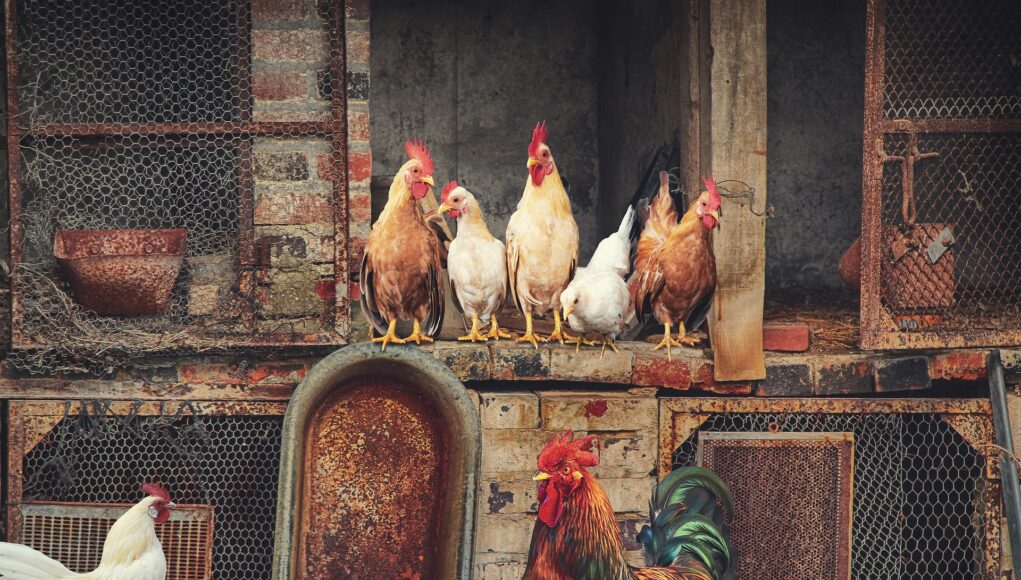The question of what is the smallest turkey breed available is one that fascinates both seasoned farmers and curious novices. In the grand world of poultry, turkeys hold a significant place due to their majestic size and unique characteristics. However, not everyone has the space or desire for a massive bird, making smaller breeds exceptionally appealing. So, what precisely is the smallest turkey breed available? Lets dive into some tremendous insights here.

Introduction to Turkey Breeds
Before we zero in on the smallest turkey breed, it is essential to understand the overall landscape of turkey breeds. Turkeys come in various sizes, colors, and temperaments. These differences are influenced significantly by their breeds and the regions they originate from.
The Importance of Turkey Size
Size is a critical factor when choosing a turkey breed for your farm or backyard. Larger turkeys can be challenging to manage and require more space and resources. On the other hand, smaller turkeys are more manageable and suitable for hobbyists and small-scale farmers.
Weight Considerations
When discussing the smallest turkey breed, weight is the primary measure. Smaller turkeys typically weigh less and require less food, making them more economical and less labor-intensive. This is attractive for those seeking an easy-to-manage bird that still offers the benefits of turkey farming.

The Little B.B. White Turkey
The Little B.B. White Turkey is often highlighted as the smallest breed available today. These turkeys are a specific line initially developed for research purposes but have become popular among poultry enthusiasts for their manageable size.
Characteristics of the Little B.B. White Turkey
The Little B.B. White Turkey typically weighs between 10 to 14 pounds, significantly smaller than the standard turkeys, which can reach up to 30 pounds or more. Their compact size makes them ideal for smaller spaces and easier to handle compared to their larger counterparts.

Historical Background of Little B.B. White Turkey
The history of the Little B.B. White Turkey is as fascinating as the breed itself. Originally developed at the Beltsville Agricultural Research Center in Maryland during the mid-20th century, these turkeys were bred to be smaller and more efficient for research. Over time, these traits have made them favorable for small-scale farming.
Breeding Practices
Selective breeding was employed to create this smaller turkey breed. Scientists focused on traits such as size, growth rate, and feed efficiency. These careful selections have resulted in a turkey breed that is not only small but also hardy and resilient.

Advantages of Keeping Small Turkey Breeds
There are numerous benefits to keeping small turkey breeds like the Little B.B. White Turkey. These advantages make them an attractive choice for farmers with limited space and resources.
Space and Resource Management
Small turkeys require significantly less space and resources compared to their larger counterparts. This includes housing, feed, and even time spent on daily care, making them a more practical option for hobbyists and small-scale farmers.
Economic Benefits
Smaller turkeys are generally less expensive to raise. They consume less feed, which translates to lower costs. Additionally, their smaller size means they are easier to manage, reducing labor costs and effort.
How to Care for Your Little B.B. White Turkey
Caring for smaller turkeys involves some specific steps to ensure their health and well-being. Despite their small size, these turkeys still require proper care and attention.
Feeding Requirements
Little B.B. White Turkeys have minimal feeding requirements compared to larger breeds. It is essential to provide a balanced diet that meets their nutritional needs, including proteins, vitamins, and minerals, to ensure their optimal growth and health. For more detailed information on optimizing turkey feed, visit best backyard chickens.
Housing Needs
Proper housing is crucial for the health and comfort of your birds. Smaller turkeys require less space, but their housing should be safe, clean, and provide adequate shelter from the elements. Ensuring good ventilation and cleanliness will help prevent diseases.
FAQ Section
1. What makes the Little B.B. White Turkey an ideal choice for small farms?
Its smaller size, lower maintenance costs, and ease of management make the Little B.B. White Turkey an ideal choice for small-scale farming.
2. Is the Little B.B. White Turkey a good choice for new turkey farmers?
Yes, due to its manageable size and lower care requirements, this breed is excellent for those new to turkey farming.
3. Where can I find Little B.B. White Turkeys?
Little B.B. White Turkeys can be sourced from specialized poultry breeders and farms that focus on small-scale turkey breeds. It’s essential to research and find a reputable breeder.
For more information on different poultry breeds and their unique features, consider reading on other breeds like What breed of chicken lays blue eggs? and What is the smallest chicken breed?.
As you explore the world of turkey breeds, ensure that the choices you make are well-informed and that the specific needs of the birds are met efficiently. Happy farming!
As an Amazon Associate, I earn from qualifying purchases.









